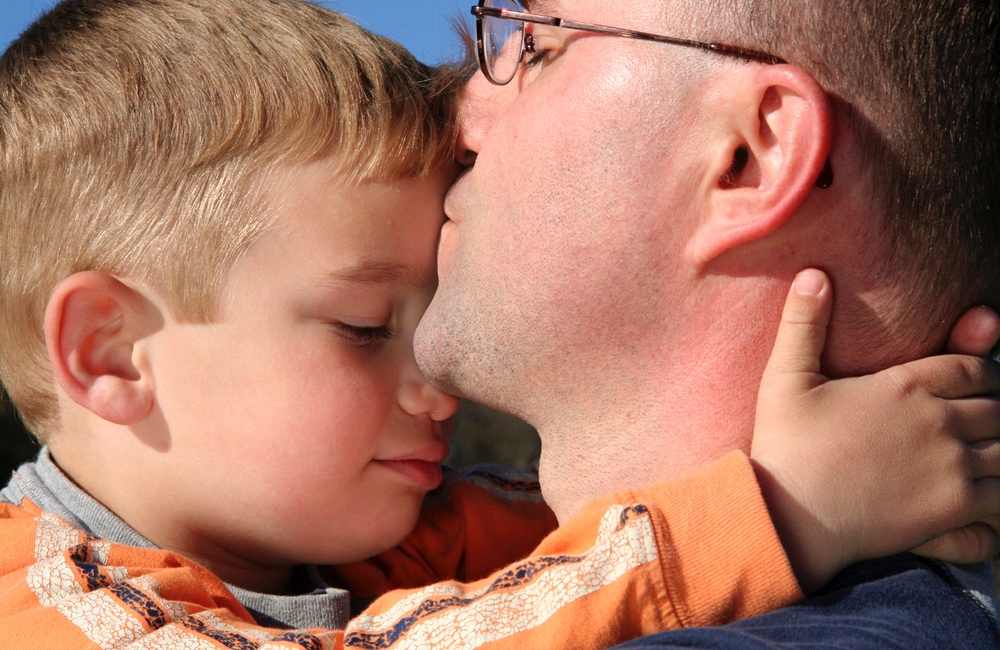A lot of parenting comes down to trouble-shooting, or, if you’re lucky, preventing problems from happening in the first place. Along these lines, a new study finds that a parent's outlook — whether you believe that what happens is largely within or outside of your control — has a big influence on your child's behavior.
The findings come for a study involving 10,000 children and their parents in the United Kingdom. The families were part of a long-term research study. When the mothers were pregnant, the team sent them questionnaires to assess, among other things, various aspects of their and their partners’ personalities. The one of most interest was how much the person believed he or she was in control of or responsible for what happened to them.
This trait runs along a continuum, from people who believe they are largely in control and responsible for what happens to them (those with an “internal” sense of control), to those who believe that events that happen to them are largely outside of their control (an “external” sense of control).
When the kids were six months to six and a half years old, the team gave the parents questionnaires to determine what kinds of issues they were dealing with in their children and their daily routines.
When meltdowns did occur parents who tended to see control as an external force took a different tact from those parents who saw it as their responsibility. Those seeing it as internal were more likely to cuddle and try to distract their child mid-meltdown, rather than out-shout or even smack the child. And, interestingly, when both parents were more internal, the positive effects in the children were even stronger.A sense of control is a trait that runs along a continuum, from people who believe they are largely in control and responsible for what happens to them to those who believe that what happens to them is the result of forces mostly outside of their control.
There was one exception to the trend, however — picky eating. Parents who were more external had kids with fewer picky eating issues. This may be because the more internal parents were trying to find foods their children would eat, while the external parents took the view, eat or be hungry, empowering their children to be in charge of their eating.
What still needs to be answered is whether the effects of these different views of control carry on past early childhood — for instance, when the kids are in grade school. Study author, Stephen Nowicki, believes that if a parent's tendency to see events as outside or external to their control ends up being related to how well a child does socially and academically, then helping children shift their frame of reference to a more internal one that encourages taking charge could make a big difference.
“Children present a never-ending progression of behavioral challenges for parents,” the authors conclude, “and how these demands are met determines their physical, psychological, and emotional development.” This makes parenting sound pretty heavy, and it is a big responsibility. But it also means that every little bit we can do to make ourselves better parents can really help our children.
As the study shows, it may be helpful to remember that having the attitude that what you do matters is beneficial to kids’ development. Although in some cases, as with picky eating, it may be wise to relinquish control. Parents should realize their behavior and their reactions have a big effect on their kids.
The study is published in Frontiers in Psychology.





